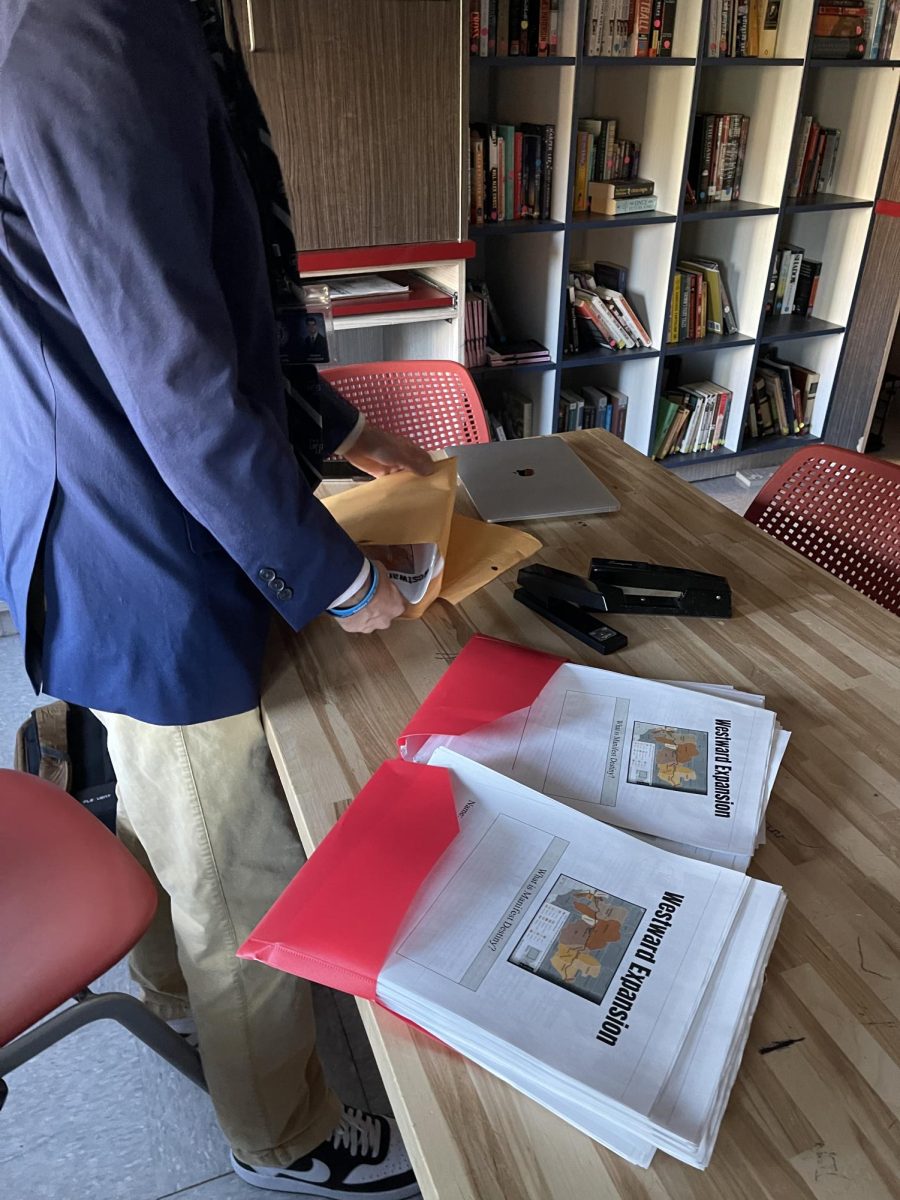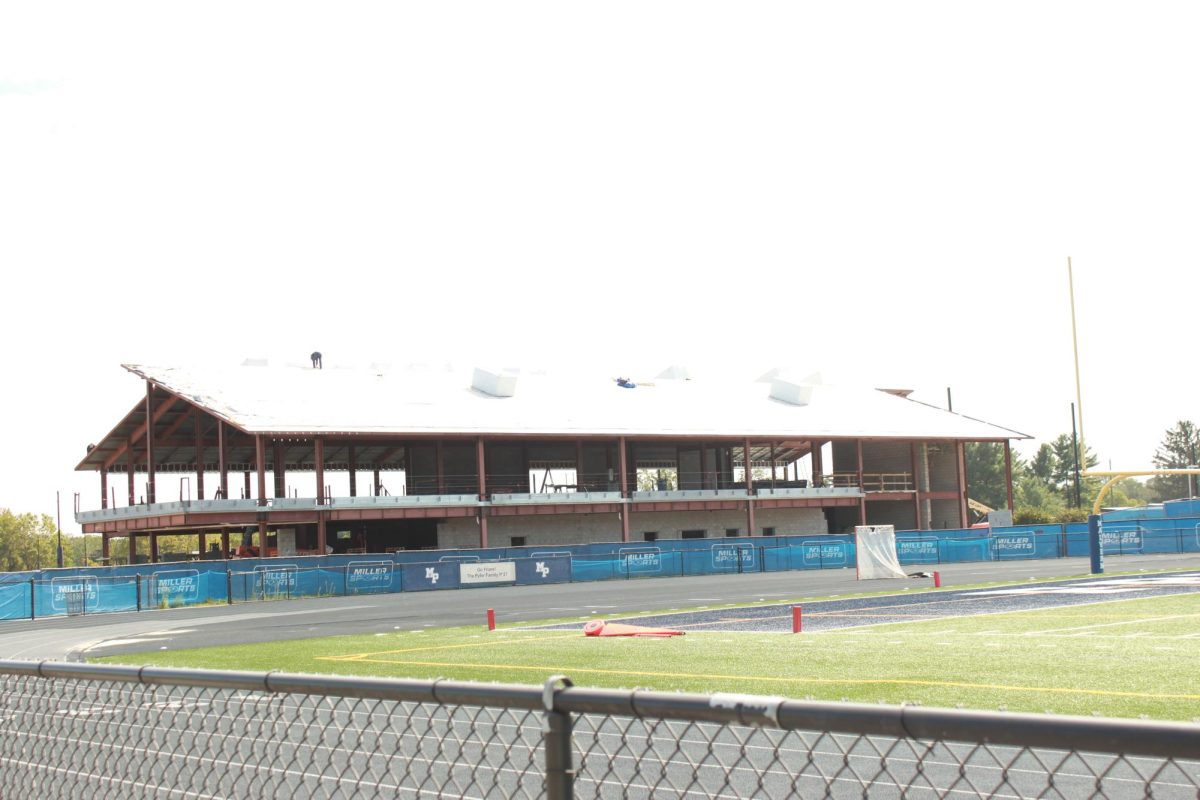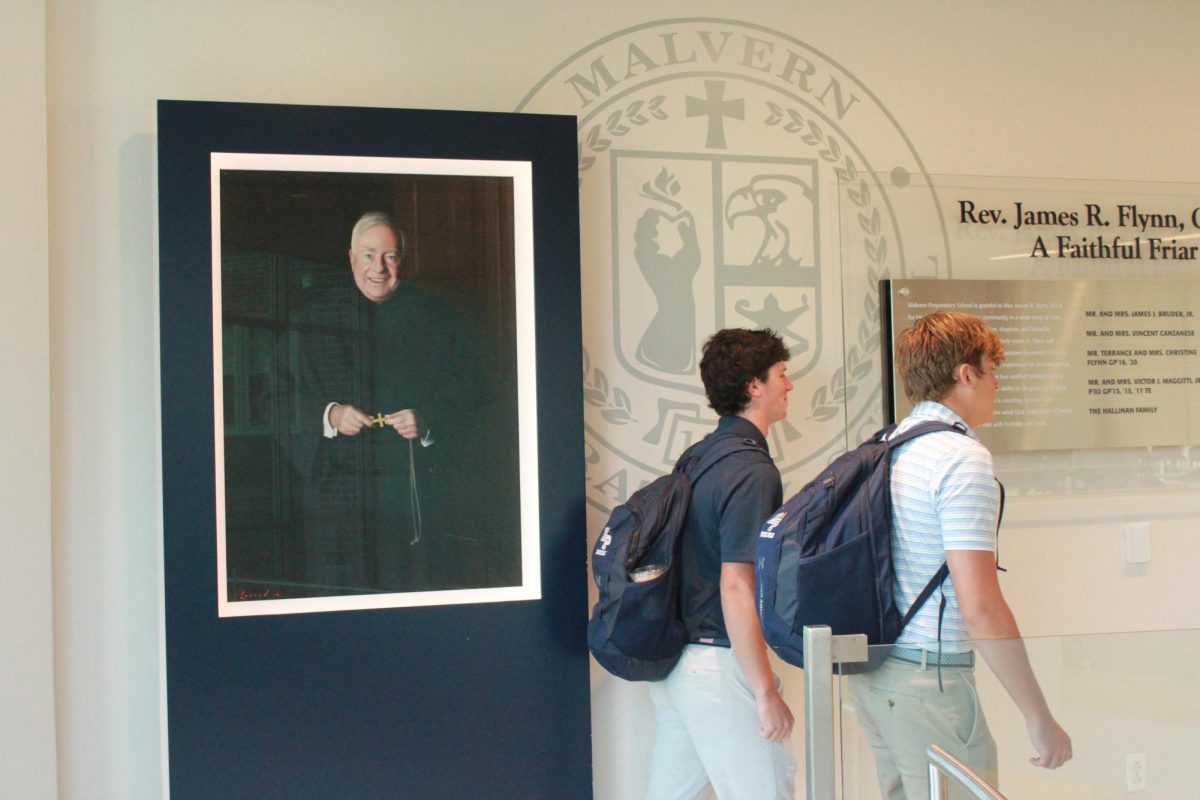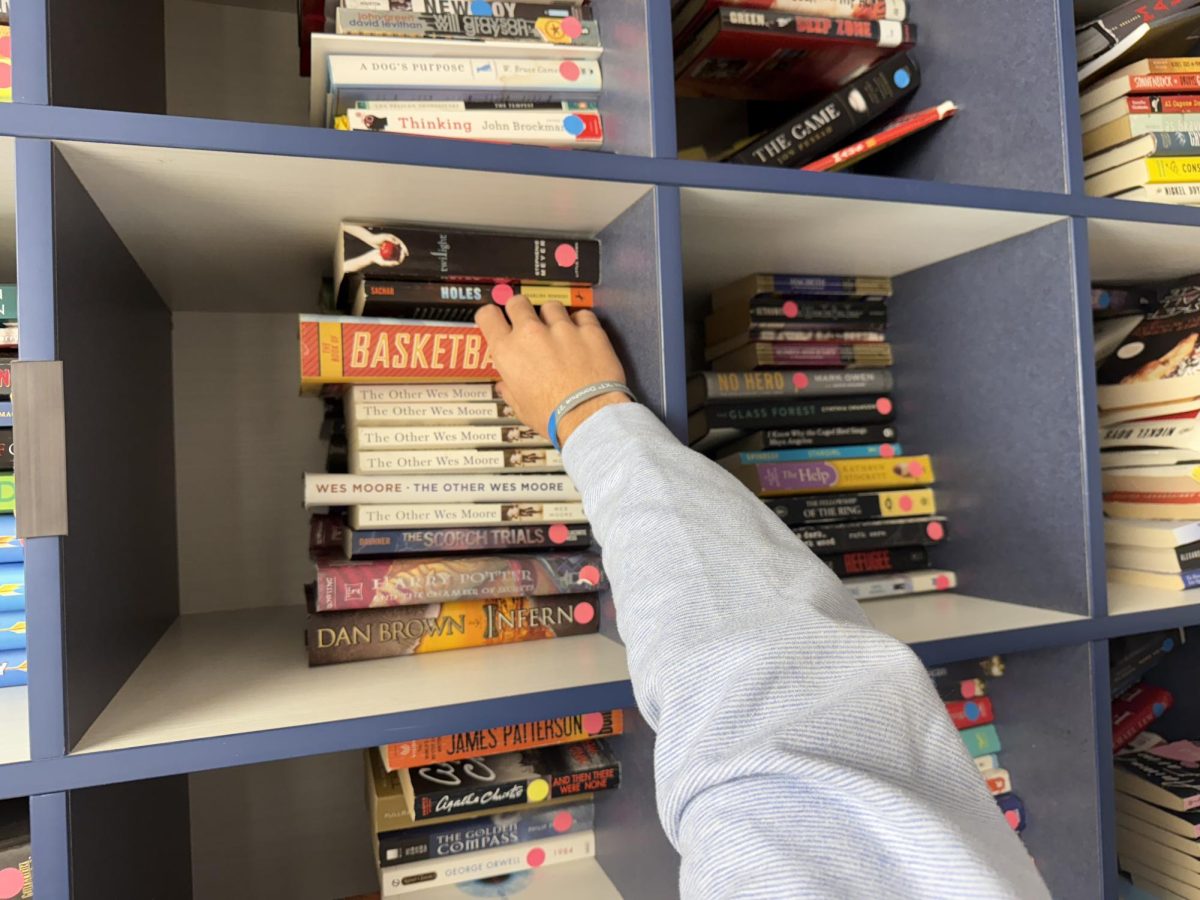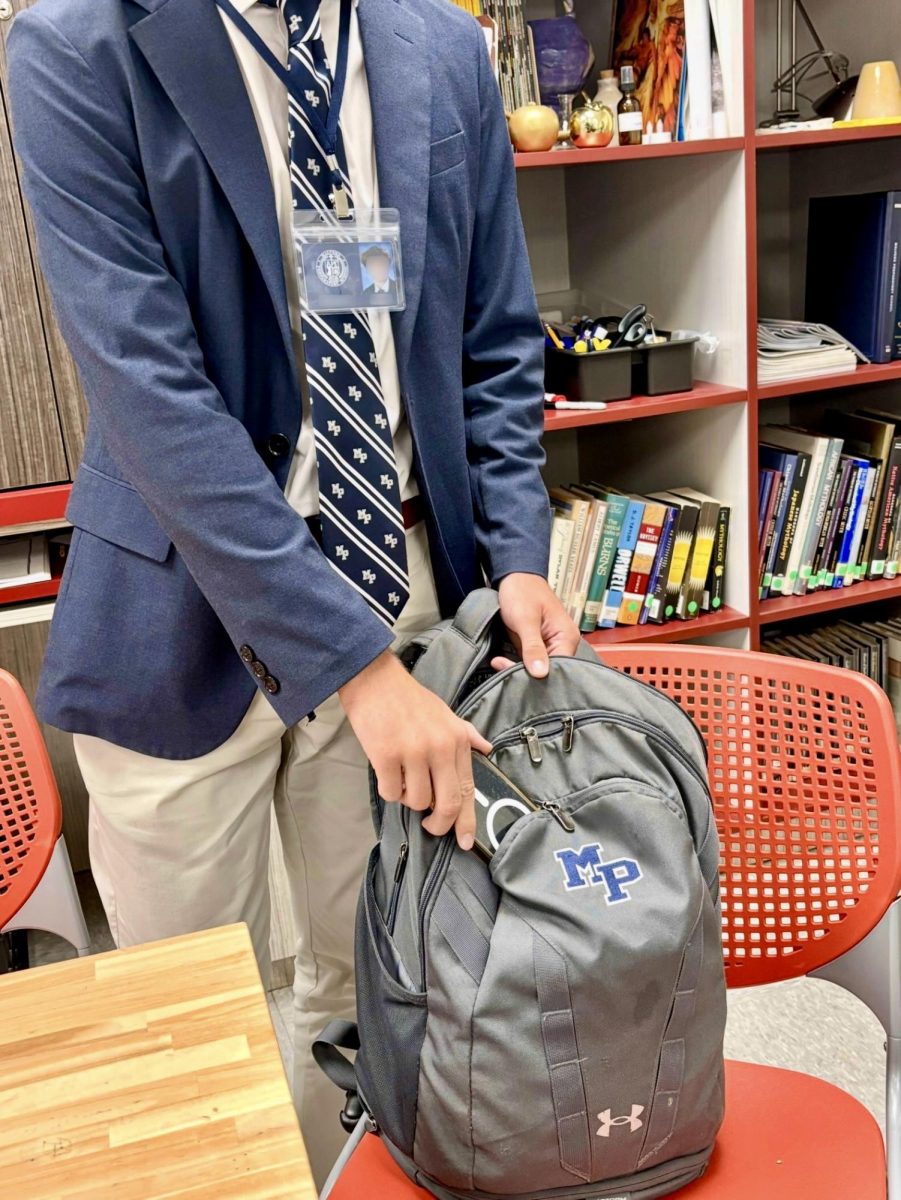While the handbook remains unchanged, recent events have drawn attention to the section regarding expectations of privacy.

The handbook contains a section on student expectations to privacy which essentially outlines the school’s abilities to search items brought onto campus. These clauses grant the administration permission to search personal items and to enlist outside resources to perform the search.
According to Dean of Students Mr. Tim Dougherty, people’s belongings are allowed to be searched occasionally but for good reasons.
[perfectpullquote align=”right” cite=”” link=”” color=”” class=”” size=””]“The idea is that, once you’re on campus, in the interest of community safety and norms you may be occasionally asked to have your belongings looked through.”
Dean of Students Mr. Tim Dougherty[/perfectpullquote]
“The idea is that, once you’re on campus, in the interest of community safety and norms you may be occasionally asked to have your belongings looked through,” Dougherty said.
The school has, in the past, gone to greater lengths to maintain the level of community safety on campus.
“We’ve had dogs in the past. We’ve had dogs come in and go through the hallways and go through lockers,” Dougherty said. “We used to go on a trip where there would be a bag search because we’d be going on [that] ski trip for a couple days… it happens.”
According to Dougherty, these searches are intended to preserve the health of the student body.
“It’s to make sure kids don’t have anything that could be detrimental to their health or others’ health,” he said.
Despite what is presented as the intention of this policy, the nature of the policy seems to give some students concern.
Senior Patrick McNally believes while the school should be allowed to search school property like lockers, they should not search personal property without a valid reason.
“It’s not fair if they do,” McNally said. “It’s not their property. If they tell you the reason, you can either accept or deny.”
This concern for being searched without sufficient justification seems to be mirrored throughout the student body
[perfectpullquote align=”left” cite=”” link=”” color=”” class=”” size=””]“I believe that in order to search a student, the school should have to present a legitimate reason for doing so.”
-Louis Margay ’18[/perfectpullquote]
Senior Student Council class representative Louis Margay also expressed a similar sentiment. He is a supporter of preventing illegal behavior on campus, but he believes that in order to protect student privacy, searches should only be conducted with sufficient justification.
“I think this policy is a bit too authoritative,” Margay said. “While I understand the need for Malvern to conduct searches in order to inhibit any behavior that is illegal or goes against Malvern’s principles, I think there should be some level of privacy for a student. I believe that in order to search a student, the school should have to present a legitimate reason for doing so.”
While students have expressed concerns for being searched without proper proof to back up claims, this seems to be something that Dougherty believes the school will not do.
“If there’s no evidence against [a student] what am I going to do? Make false claims against [him]?” Dougherty said.
Dougherty believes that while these policies strive to respect students privacy, they also must serve to protect the community. He hopes to balance the need for student privacy with safety.
“It’s to protect everyone, faculty, and community members,” Dougherty said. “The broader good has to be a concern. Everyone is entitled to their privacy until there is a time when community standards have to be upheld.”


